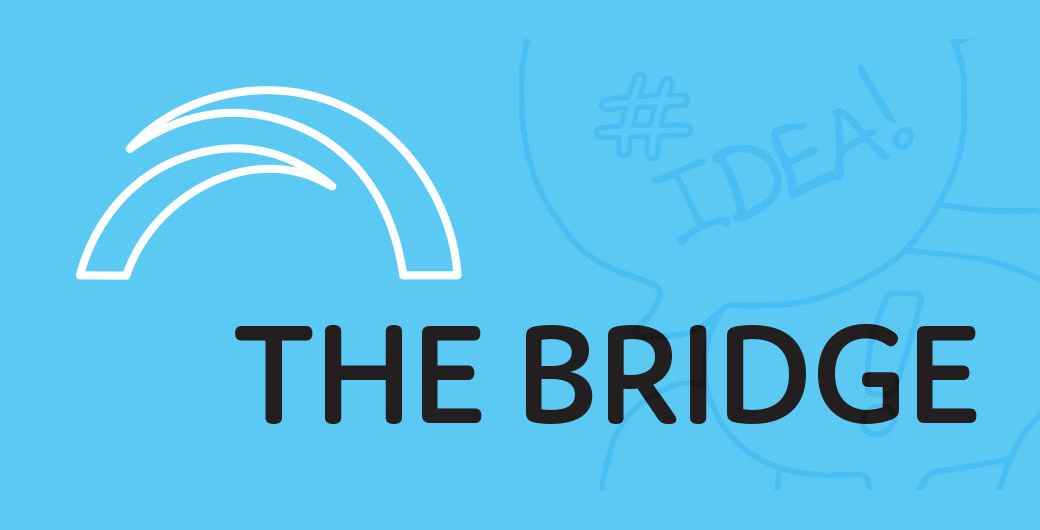
Many people remain invisible in policymaking processes. An article in Policy & Politics demonstrates the transformative potential of recognising these ‘invisible’ people as legitimate and effective actors in the policy process. Improving how governments engage with them leads to better understanding of policy problems and the development of more meaningful policy solutions.
Public engagement in policy development
Public engagement in policymaking is widely expected as a key means of ensuring policy legitimacy. The article uses the term public engagement to refer to:
- the processes, dynamics, invitations, and/or tools and activities associated with a wide range of efforts to engage members of the public in policy development.
A normative expectation associated with increased public engagement is more inclusive public policy formed through shared decision-making. It reflects the needs and realities of invisible communities that have historically been overlooked by policymakers. However, these aspirations are not easily realised. For example, participants in public forums can be ignored when it comes to final decisions. Grand spectacles of public participation may make it that much easier for backroom decision-making to carry on as usual.
At the core of an inclusive approach to public policy is understanding policy problems in the context of the community that is the target of the intervention. Communities are vibrant bodies of knowledge. They are not invisible groups who need to be given voice or damaged groups who need intervention from outside/above. They should be seen as agents of change, knowledge-holders and experts of their lived-experiences.
Engaged scholarship
Engaged scholarship is how university-based researchers, community organisations, and community members come together to address community-identified problems and advance solutions.
The following values and principles are central to engaged scholarship:
- reciprocity and mutual benefit for all members of a collaboration. This emphasises a caring, relationship-building approach to research and policy.
- prioritising community needs and understanding the problem from the perspective of those most affected.
- the democratisation of knowledge and recognising that knowledge is both created and represented in multiple forms.
- boundary crossing and a commitment to interacting across disciplines and relevant sectors
- shared capacity building which recognises that community and collaborators alike develop new knowledge and skills through engaged collaborations.
Engaged scholarship and transformational policy change
The article outlines five vignettes of community research collaborations. These highlight how using the principles of engaged scholarship can transform different dimensions of policymaking.
The vignettes offer insight into how:
- practising reciprocity and shared capacity building can enable more meaningful public engagement than would otherwise occur
- prioritising community needs can lead to new problem definitions
- the democratisation of knowledge can generate new forms of evidence and new policy solutions.
The vignettes include understanding homelessness on the rural–urban fringe; improving women’s wellbeing in a local community; and ameliorating access to healthcare for people who are trans and gender diverse. Each vignette showcases the principle of boundary crossing and highlights the importance of centring community members as policy actors.
The bottom line
If policymaking processes are characterised by principles of engaged scholarship then everything is animated by the knowledges, experiences and expertise of those most affected from public engagement mechanisms. This includes problematisation and agenda setting to generating evidence to creating policy solutions. Taking up the principles of engaged scholarship in policymaking positions marginalised community members as policy actors with significant expertise.
Learning from engaged scholarship is not a perfect solution for addressing complex policy problems. Neither will adopting the principles of engaged scholarship be sufficient for bringing about transformational change. However, the vignettes highlight how the knowledge of invisible communities is overlooked and point out ways to recentre community knowledge.
Animating policymaking processes with the principles of engaged scholarship contributes to participatory democracy scholarship. It highlights how knowledge can produce new forms of evidence and reveal new policy solutions. There is a need for public servants to work with community members as partners, rather than ‘targets’ or ‘recipients’, to troubleshoot policy dilemmas.
Engaged scholarship is not without challenges. It can be fraught, chaotic and messy. This orientation to research requires significant investments of time, resources and relationship-building. It also requires ceding power over the process and outcomes of engagement.
Want to read more?
Transforming public policy with engaged scholarship: better together – Leah Levac and Alana Catt, Policy & Politics, May 2022
Each fortnight The Bridge summarises a piece of academic research relevant to public sector managers.

Other Research Briefs on public policy and community engagement include:
- Published Date: 10 August 2022
